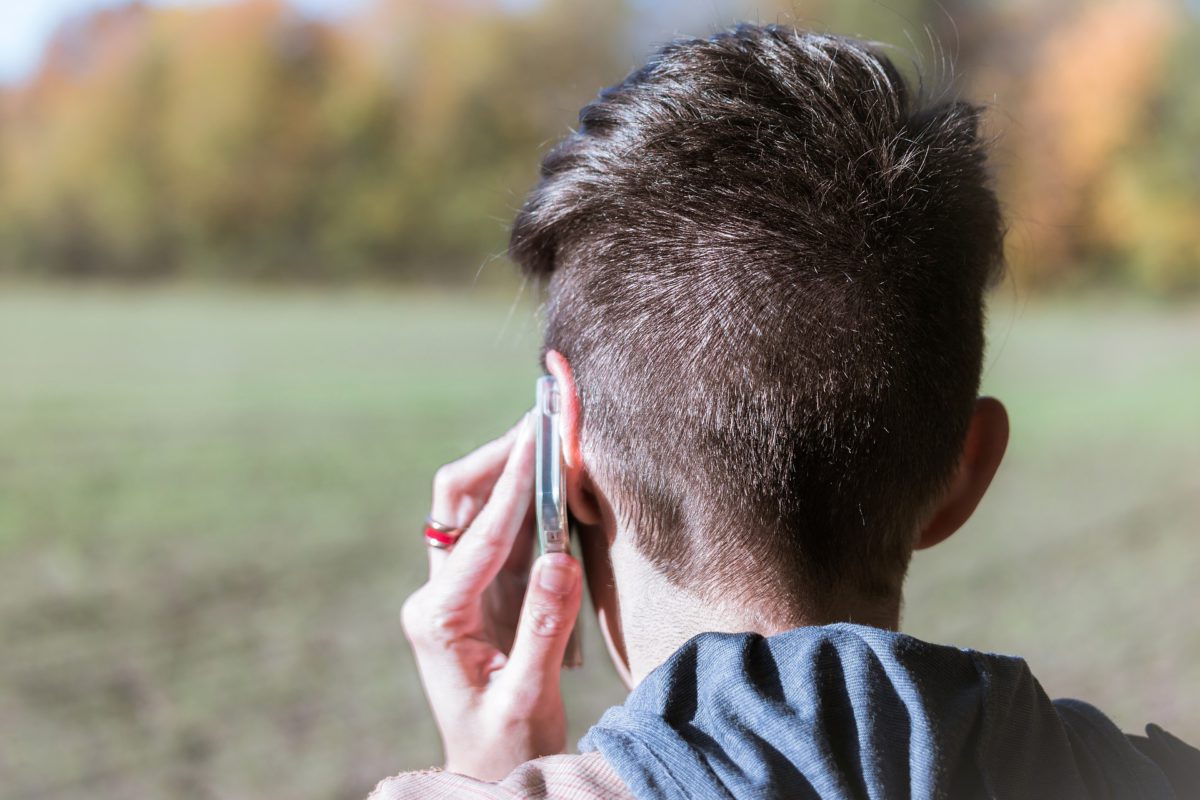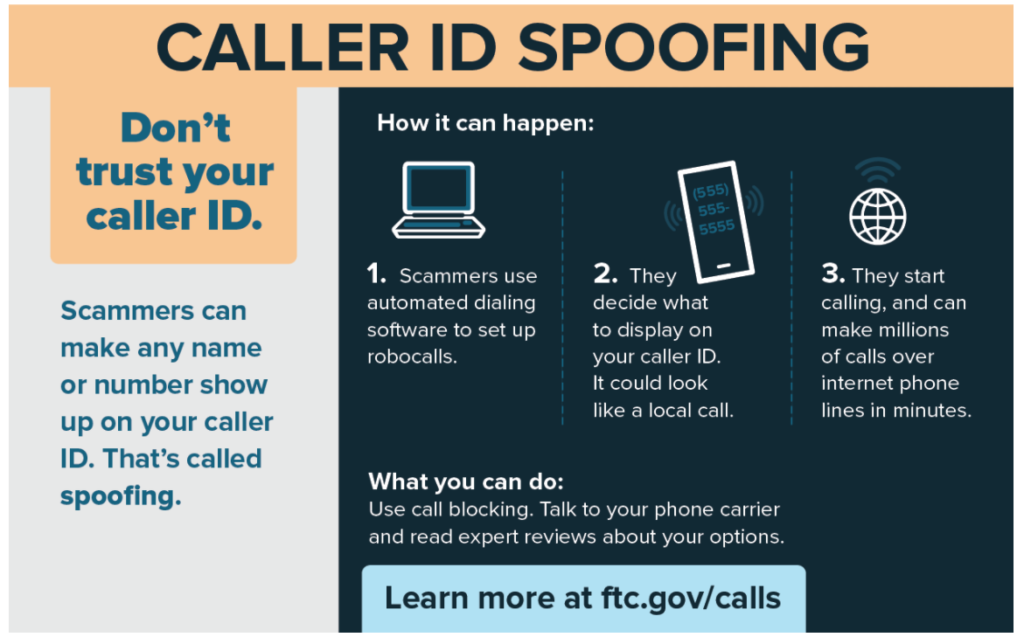
Phone Scams Affected Nearly 60M Americans In The Past Year — How To Identify Them
By Deepti Govind
Sample this: Nearly one-in-three Americans have fallen victim to a phone scam in the past year, according to a report from Truecaller published last week. In total, Americans lost an estimated $29.8 billion, the report added. Of the survey respondents, 19% even reported becoming victims of such scams more than once in the last year. There were 59.49 million Americans who reported having lost money to this type of fraud in the last 12 months. That’s the highest number recorded since Truecaller began researching scam and spam calls in the U.S. seven years ago, the company said.
There could be a short-term dip in scam calls over the summer, though, as the Federal Communications Commission (FCC) had mandated providers to implement caller ID authentication technology by June 30. But that will not make it totally foolproof according to Clayton LiaBraaten, senior advisory board member at Truecaller, per a CNBC article. Whenever anti-scam solutions are created and put in place, criminals find a way to get around it, LiaBraaten says. The good thing is there are ways for consumers themselves to make it tougher for scammers to operate and, thereby, add another layer of security.
But how can a consumer do that? We hope to answer that question in today’s piece (and others in future pieces) by giving you an introduction on identifying phone scams, and an overview of robocalls. Robocallers were responsible for duping 60% of those who lost money to phone scams in the past 12 months, according to the Truecaller report. They continue to be a big problem for the U.S., even though, in terms of actual numbers, there was a small dip over the past year.
How Do I Know It’s A Scam?
This is a question that can plague even the most prepared among us. Sometimes, it’s easy to smell the proverbial fishiness at the outset, but there could be instances where scammers can be so thorough in their research, that it takes more effort to figure it out. It helps to learn about these scams, though, and how they typically operate so you can better identify red flags. Here are some ways to recognize a phone scam, according to the Federal Trade Commission (FTC):
- If someone calls you saying you won a lottery, but you have to pay to get the prize, it’s not a prize. It’s a scam.
- Real law enforcement and federal agencies won’t call and threaten you. Scammers, on the other hand, will call and pretend to be those government agencies and say you’ll be arrested, fined, deported, etc. if you don’t pay due taxes or some uncleared debt immediately.
- If someone coaxes/pressurizes you into deciding whether you want to use an offer or not right away over the phone, beware! Most legitimate businesses will give their customers time to think over offers and decide. They also typically send over written communication before asking you to commit to anything.
- Never wire money to someone you’ve not met, or put money into a gift-card based on a conversation with a stranger over the phone, or pay using a prepaid/cash-reload card or a money transfer app. For many scammers, the goal is to get their victims to pay in ways that make it difficult to get the money back.
- No government agency will call you and ask you to confirm sensitive information over the phone, such as your Social Security number. Beware, even if the person calling says they are with the Social Security Administration or IRS.
- To begin with, you should not be getting all those calls at all. If a company is selling you something, they need your written permission to call you with a robocall. If you’re on the National Do Not Call Registry, you should not be getting any live sales calls from companies you have never done business with before. Such calls are illegal (more on that in the next section)
- It’s best to avoid answering calls from unknown numbers altogether. Let it go to voicemail instead, most experts say, according to the CNBC article we mentioned earlier. In particular, if you can see from the number that it’s a call that appears to be coming from a state in which you have no connections — i.e., no relationships to people or companies there — then you should definitely let those calls go to voicemail

Robocalls Are Mostly Illegal
What is a robocall? If you answer the phone and can hear a recorded message instead of a live person talking, it’s a robocall. A robocall trying to sell you something is illegal, unless the company has express written permission directly from you that says you’re okay with them calling you that way. To get that permission, a company has to specifically tell you that it’s seeking your authorization to call you with robocalls. It cannot make you agree to those calls to get a product or a service, and you always reserve the right to change your mind later.
Some robocalls are allowed legally even when permission has not been sought from you. Those include:
- Purely informational messages, from flight cancellations to appointment reminders, etc.
- Debt collection calls, as long as the company that is calling to recover its debt does not try to sell you services to lower your debt, which would be illegal and are almost certainly scams
- Political calls about candidates running for office, etc.
- Some healthcare provider calls, like a pharmacy calling to remind you to refill a prescription
- Messages from charities, provided you are a prior donor or a member of the charity. But they also have to include an automated option that would let you elect not to receive future calls.
Not all robocalls may be scams, it’s true. But unless it falls under the exceptions listed above, it is still a call that is coming from a business or an organization that has not sought your permission to do so and is breaking the law. It’s also not a good idea to solely rely on caller ID to figure out whether who you are talking to is actually who they claim to be. Scammers can fake the name and number that shows up, making it look like a call is from a government agency like the IRS or a local number. That’s called spoofing.
Call-blocking and call-labeling solutions can help you get fewer illegal robocalls. The option you choose will depend on whether you’re getting calls on a cell phone, traditional landline, or home phone that makes calls over the internet (VoIP). Being on the National Do Not Call Registry won’t stop these calls entirely, but it will reduce the number of calls you get and make it easier for you to spot scam calls. But you need to be aware of the fact that scammers don’t really care if you are on the Registry. The Registry is designed to stop sales calls from real companies that abide by laws. The FTC also does not and cannot block calls.
Like we mentioned before, the best way to deal with such calls if you do get them would be to not answer them, and let them go to voicemail. But, if you do get an illegal robocall, report it to the FTC at DoNotCall.gov. The FTC website says: “Report the number that received the call, the number on your caller ID, and any number you’re told to call back. Also report the exact date and time of the call, if you know it. Knowing all of this information helps the FTC track down the scammers behind the call. Even if you think the number on your caller ID is fake, report it. The FTC analyzes report data and trends to identify illegal callers based on calling patterns. The FTC takes the illegal callers’ phone numbers you report and releases them to the public each business day. This helps phone companies and other partners that are working on call-blocking and call-labeling solutions. Your reports also help law enforcement identify the people behind illegal calls.”
This piece is the first in a series of articles Biometrica plans to do on mobile scams and how to tackle them. Up next in this series will be a look at the most common phone scams, going into detail about those that involve impersonating government agencies.